Electrifying the way you drive
Chelion aim to deliver the highest quality charging stations to the market to ensure safety, security, and longevity.
Our electric vehicle smart charging solutions offer reliable and fast-charging stations to reduce Australia’s carbon footprint and encourage an uplift in electric vehicle usage across the country.
Suitable for residential and commercial use, Chelion aims to be Australia’s leading EV charger manufacturer, supporting a more sustainable future for all.
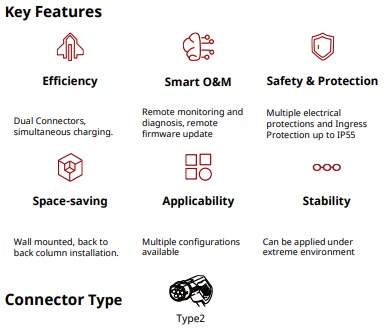

The wall-mounted AC-32T is ideal for customers who need to trickle-charge their vehicles overnight. With 2x 22kW (32A) chargers, the iLink AC-32T is designed to accomodate the growing number of Australian families switching to multiple Electric Vehicles.
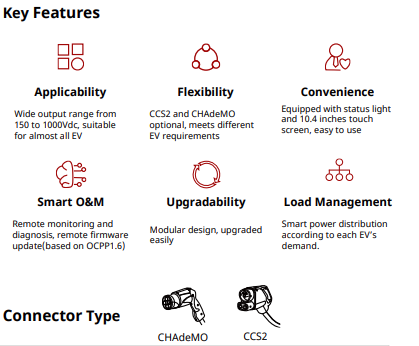
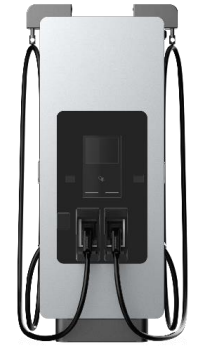
Designed for deployment in apartment blocks, fleet charging stations and shopping malls, the DC-184-M is capable of 180kW DC charging. The modular design allows for multiple units to be deployed and managed remotely.
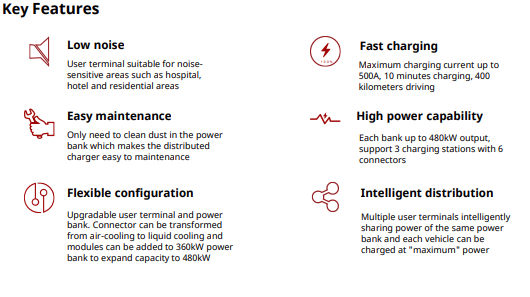
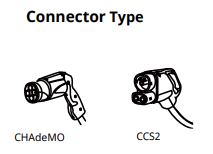
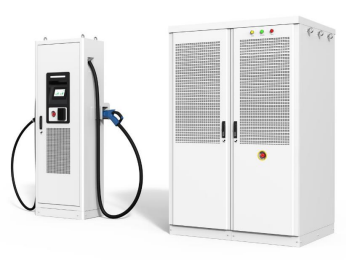
The ultimate in fast-DC charging, our DC-484U-S is capable of 480kW of peak capacity. This allows Electric Vehicles to charge in just 10-20 minutes and is ideal for areas with high turnover and short charging windows.
An electric vehicle charger is a device that charges an electric vehicle’s batteries. There are two main types of chargers: Level 1 and Level 2. Level 1 chargers are slower but more affordable, while Level 2 chargers are faster but more expensive. The type of connector you need will also vary depending on your vehicle.
There are several benefits of using an EV charger at home including reducing your carbon footprint, saving money on fuel costs and improving your car’s battery life.
Charging electric vehicles at home is also convenient, as you don’t have to worry about finding a public electric charger.
There are a few different companies that make EV charging stations in Australia. Each company has their own unique features and benefits, so it’s important to do your research to find the right one for you.
Chelion is currently crafting and refining its innovative EV charging products so we can ensure the best in energy efficiency. See our product datasheet for our full range of EV Chargers.
While there are a few EV charger manufacturers in Australia currently, Chelion is in the process of producing an innovative and industry-leading EV charger to be used in homes and commercial environments.
We are able to offer our EV chargers either as stand-alone modules or in-tandem with our residential hybrid inverters.
Electric car charging times will firstly depend on the vehicle itself along with the type of EV charger being used. However, on average it takes 10 hours to fully charge an electric vehicle from an empty tank to a full tank.
There are three main types of EV charging: Level 1, Level 2, and Level 3. Level 1 chargers are slower but more affordable, while Level 2 chargers are faster but more expensive. Level 3 chargers are the fastest but the most expensive type of charger.
Yes, there are solar-compatible EV chargers available on the market. Solar chargers are a great way to reduce your carbon footprint and save money on your energy bill. However, they can be more expensive than traditional EV chargers.
Our chargers are designed to work seamlessly with both our own solar-compatible Hybrid inverters or retrofitted to an existing solar system.
A portable charger is a small, handheld device that can be used to charge your EV battery. Alternatively, an EV cable is a long cord that plugs into a charging station and connects to your car’s battery.
There are many benefits to driving an electric vehicle, including lower emissions, lower running costs, and a smaller environmental impact. EVs are also very quiet, so you can enjoy a peaceful drive.
There are a growing number of public electric vehicle chargers across Australia. To find one near you, EV drivers often use online electric vehicle charging locators such as PlugShare or Chargefox. You can also find electric vehicle chargers at some shopping centres, hotels, and other public spaces.
There are three main plug types used for electric vehicles: Plug Type 1, Plug Type 2, and CCS. Type 1 plugs are typically found on older EVs, while Type 2 and CCS are more common on newer models.
Type 1: Also known as J1772, this is the most common type of plug in the US.
Type 2: Also known as IEC 62196-2, this is the most common type of plug in Europe.
CCS: Stands for “combo connector system” and is a type of Type 2 plug that has an additional charging connector. CCS plugs are becoming more common on newer EVs.
Level 1 charging uses a standard 120-volt outlet, while Level 2 charging uses a 240-volt outlet. Alternatively, Level 2 chargers are much faster than Level 1 chargers and can fully charge an EV in 8-12 hours. Most public EV chargers are Level 2 chargers.
© 2022 All rights reserved